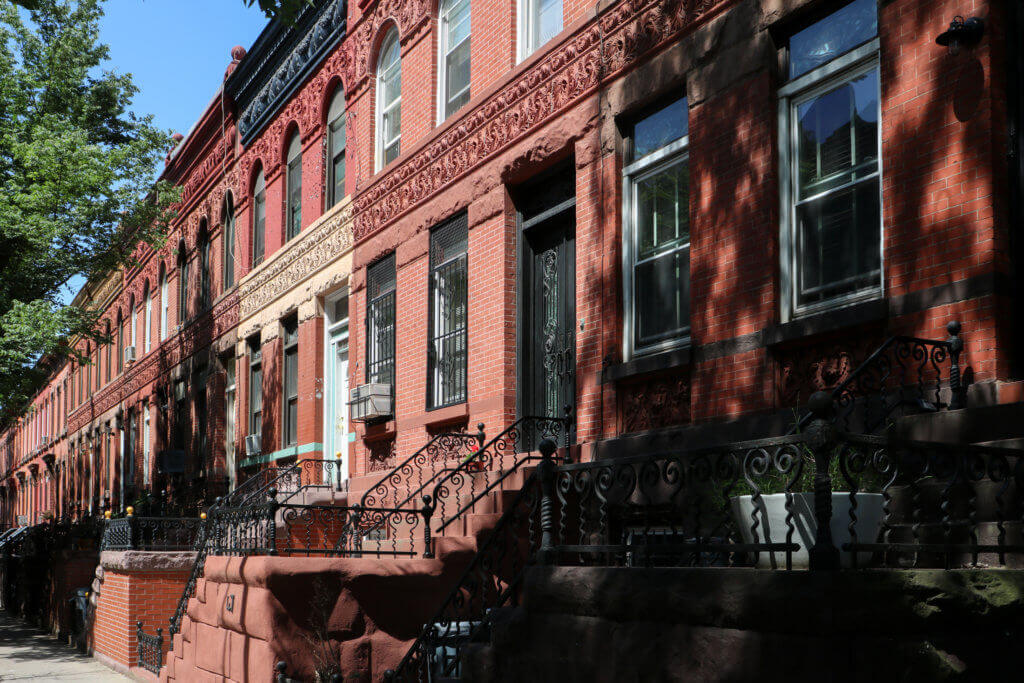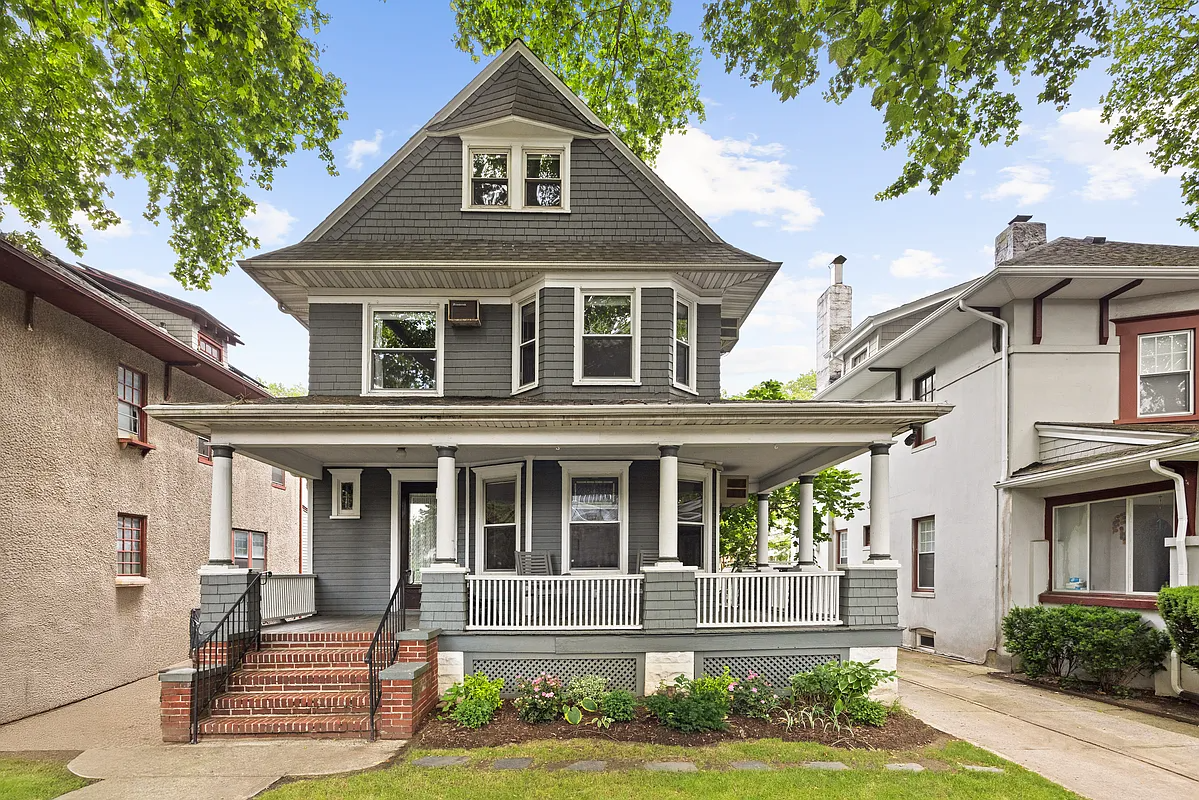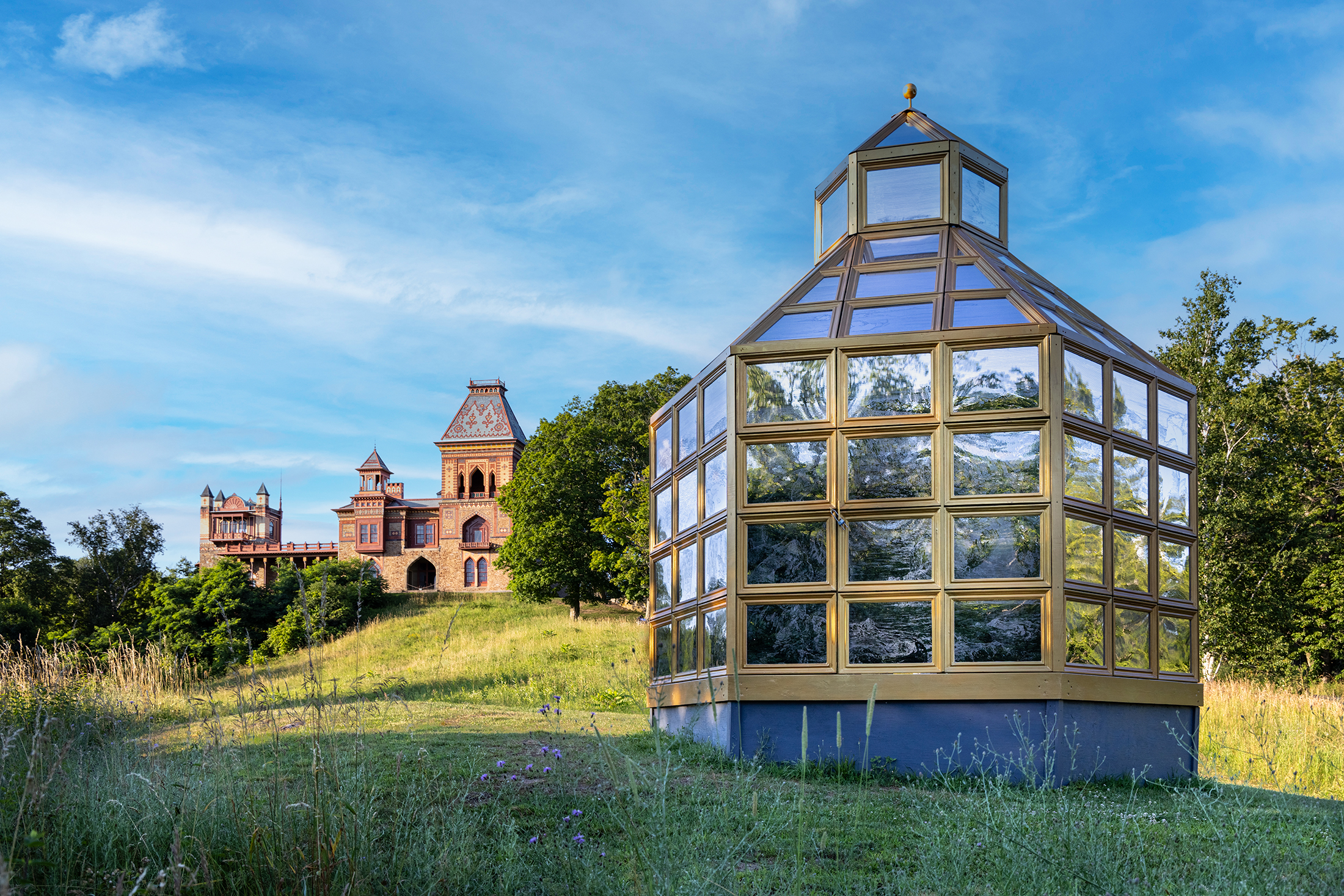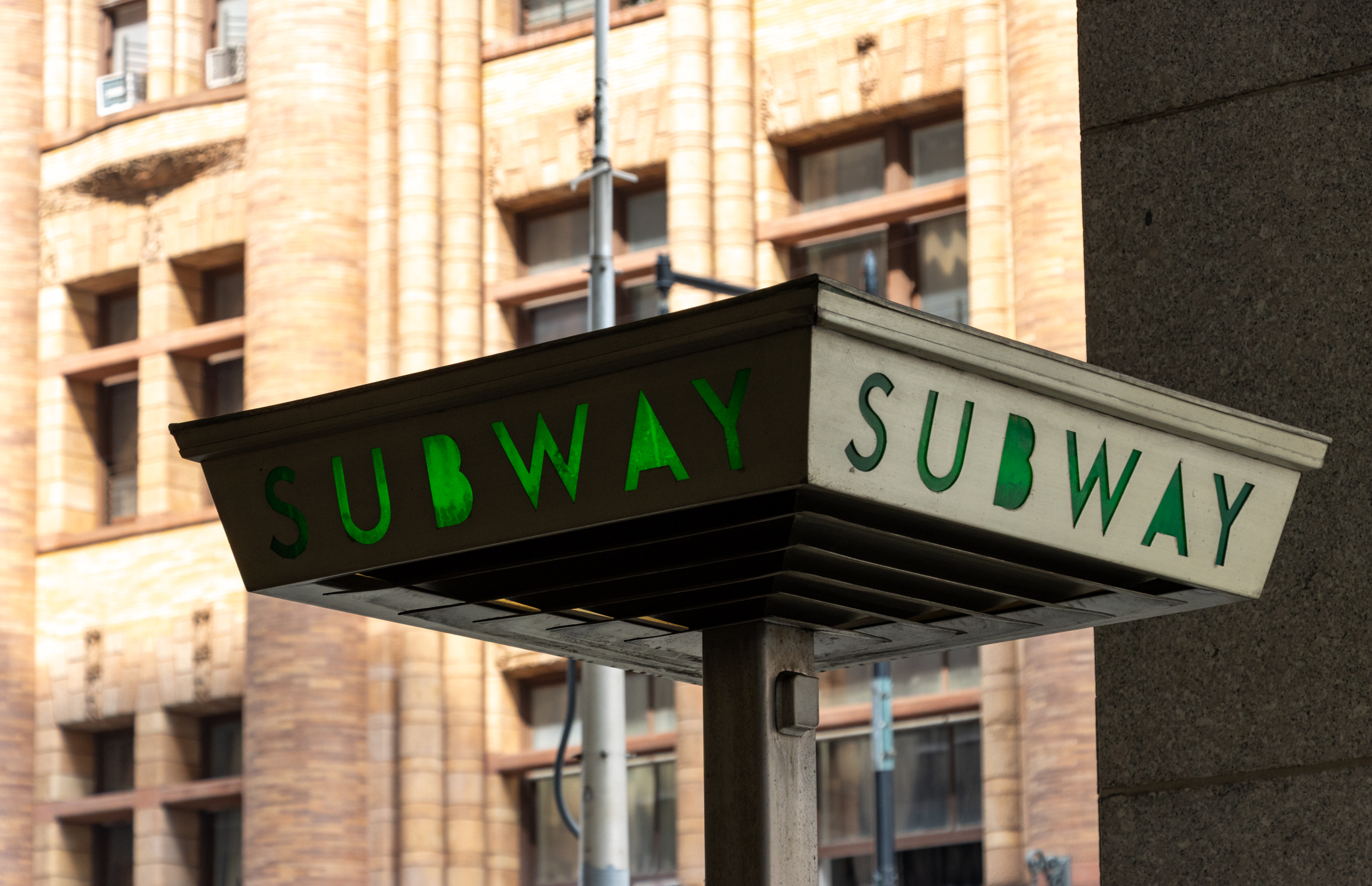Brooklyn Gained One Historic District in 2023: Linden Street Became a First for Bushwick
With 2023 almost at an end, we take our annual look back at the Brooklyn buildings and neighborhoods considered significant enough to merit designation by the Landmarks Preservation Commission during the year.

The LPC designated a block of Linden Street as Bushwick’s first historic district. The stretch includes 10 Queen Anne-style row houses that start on the corner of Bushwick Avenue and Linden Street. Here, the row in 2018. Photo by Susan De Vries
With 2023 almost at an end, we take our annual look back at the Brooklyn buildings and neighborhoods considered significant enough to merit designation by the Landmarks Preservation Commission during the year.
This year was a slow year for landmarking in Brooklyn, with the borough not gaining any individual landmarks. There are currently none proposed for designation in Brooklyn either, according to the LPC. That’s not due to lack of local effort: Bed Stuy residents mourning the 2022 demolition of the Jacob Dangler Mansion have submitted a request for evaluation for an historic district on Willoughby Avenue.
Meanwhile, Bushwick preservationists attempted to get the Ulmer row houses on Bushwick Avenue landmarked, but were rejected by the commission, which said the historic houses had been too altered to qualify, Dina Alfano of the Bushwick Historic Preservation Association told Brownstoner.
Brooklyn did, however, gain one historic district and it was an historic first for Bushwick.

The Linden Street Historic District includes a “remarkably intact group of 32 brick and brownstone row houses built between 1885 and 1901,” as the LPC put it, on the block of Linden Street between Broadway and Bushwick Avenue.
“Designed by Brooklyn architects, these distinctive row houses represent the highly successful integration of late 19th century picturesque styles: the Queen Anne, the Neo-Grec, and the Romanesque and Renaissance revivals,” LPC researcher Marianne Hurley told the commissioners at the Landmarks hearing.
The district covers areas on both sides of Linden Street, including 10 Queen Anne-style brick row houses with extraordinary terra-cotta decoration that run from 37 to 55 Linden Street and start at the corner of Bushwick Avenue.
Designed by architect Frank Keith Irving, the unusual row has motifs on cornices and terra-cotta not seen anywhere else in New York City. The quality of the decoration is also unusual for homes intended for middle-class owners.
They were commissioned in 1888 by prominent lawyer and one of the founders of the Williamsburgh Savings Bank, Samuel M. Meeker, Hurley said. Meeker, and later his family, developed much of the section of Linden Street that is now landmarked. The historic district, New York City’s 156th, is both architecturally and historically significant, Hurley said, and “stands out as a unified streetscape with a strong sense of place.”
Related Stories
- Brooklyn Gained One Individual Landmark and One Historic District in 2022
- Brooklyn Gained One Individual Landmark in 2021: Duffield Street’s Abolitionist Home
- Brooklyn Gained a New Individual Landmark and a Historic District in 2020
Email tips@brownstoner.com with further comments, questions or tips. Follow Brownstoner on Twitter and Instagram, and like us on Facebook.





What's Your Take? Leave a Comment